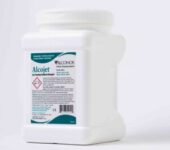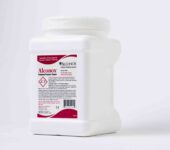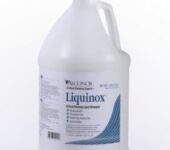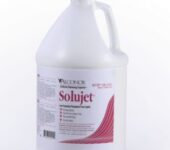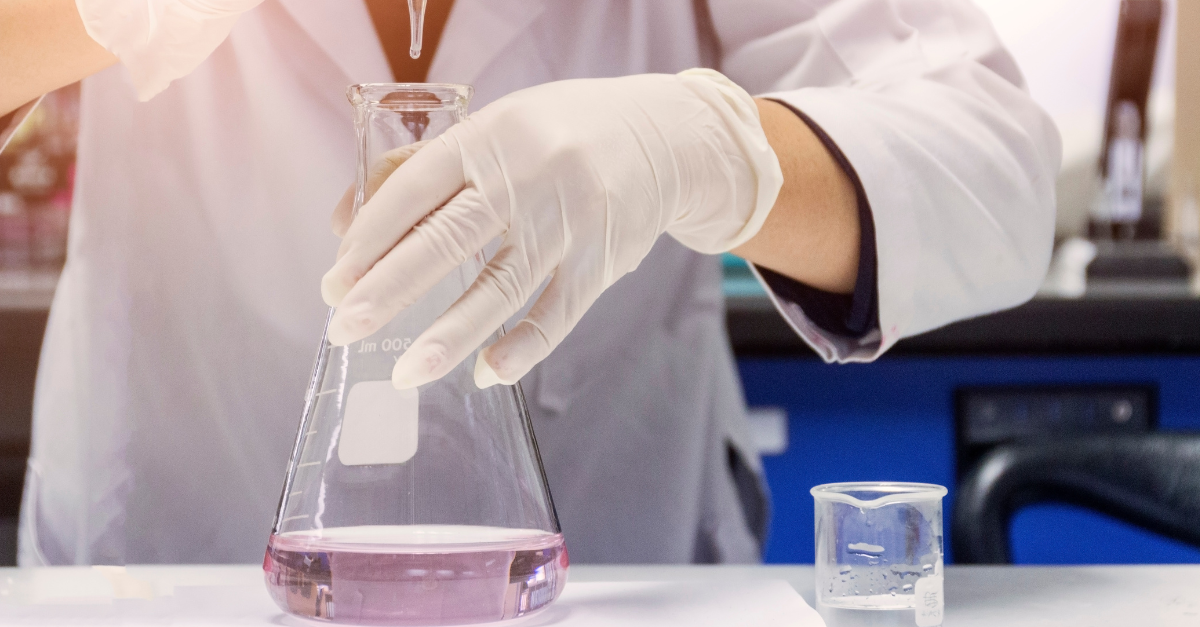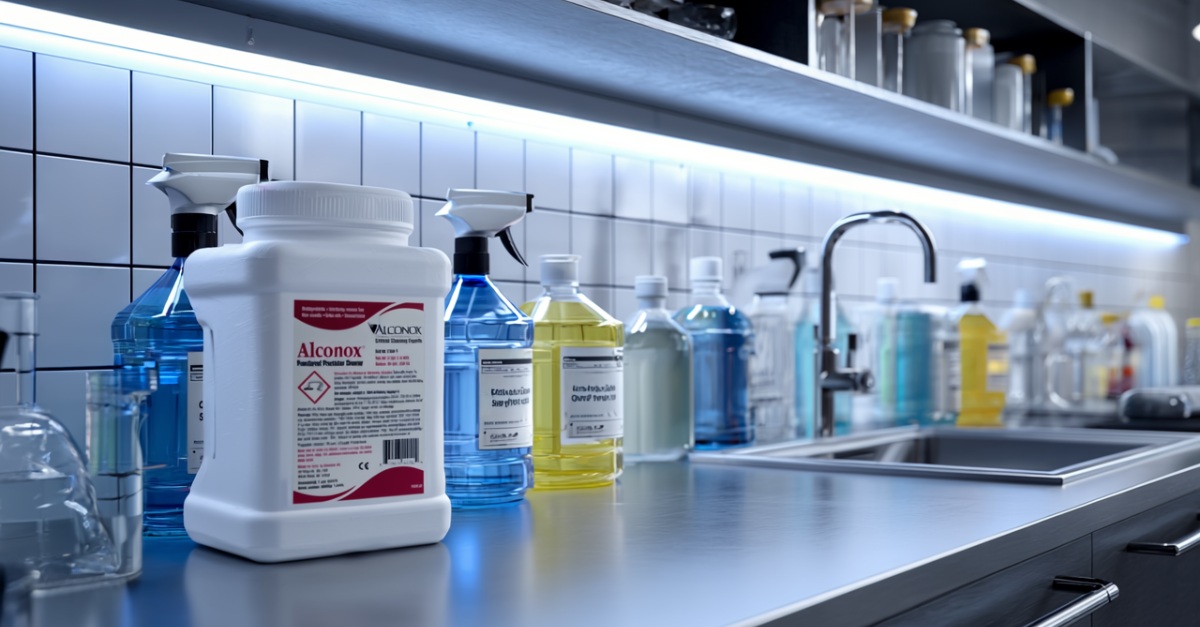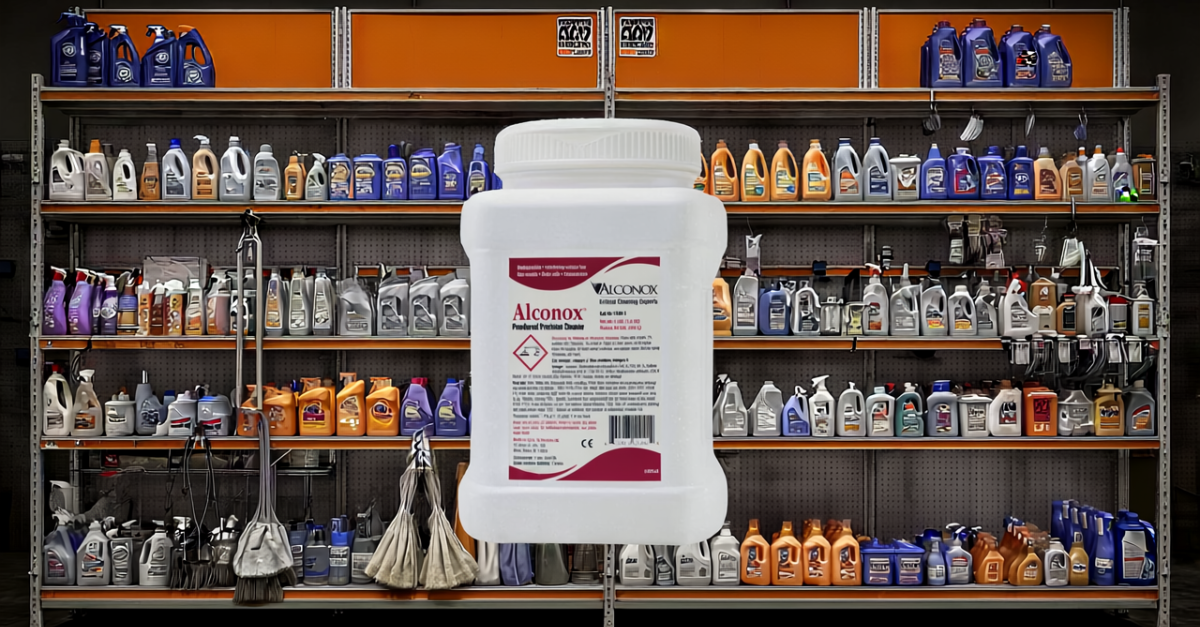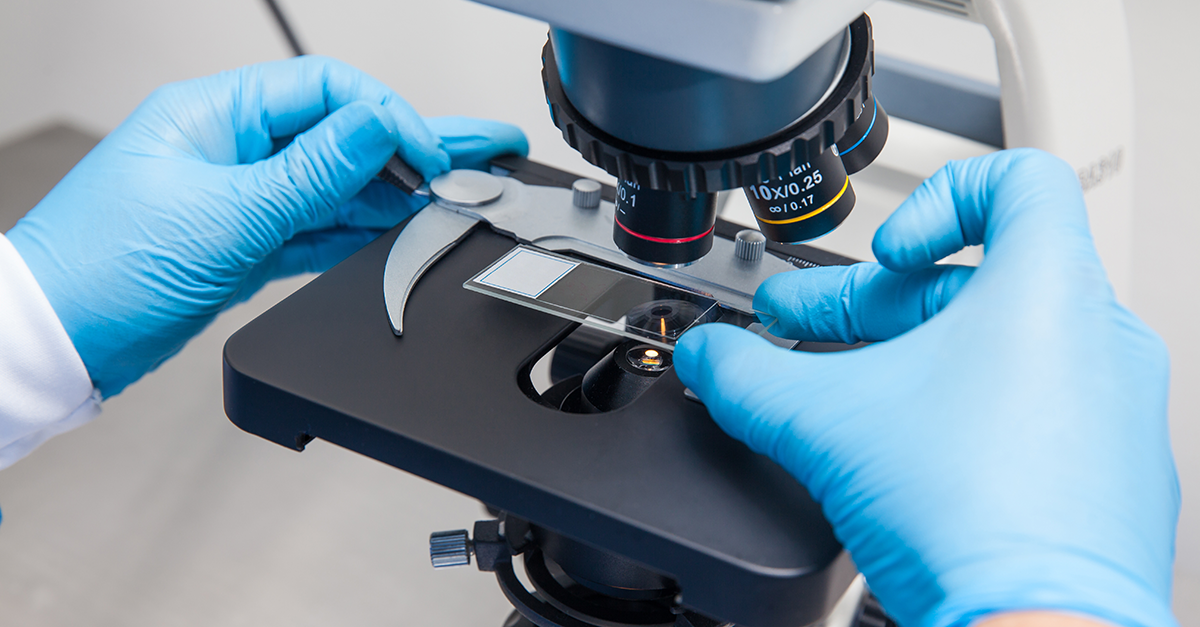
Q: What are the best practices for cleaning microscope slides to ensure they are free from residues and contaminants?
A: Cleaning microscope slides is crucial for ensuring accurate and reliable microscopy results. Residues and contaminants can significantly interfere with the clarity and quality of your observations. Here is a detailed approach to effectively clean microscope slides, incorporating Alconox, LLC’s expertise in critical cleaning.
To clean microscope slides, begin by preparing a warm solution of Liquinox® Critical Cleaning Liquid Detergent. Liquinox is a gentle yet effective cleaner with a neutral pH, making it suitable for delicate glass surfaces. Use a concentration of approximately 1-2%, which equates to about 10-20 mL of Liquinox per liter of water. Alconox® Powdered Precision Cleaner can be used if a powdered format is preferred.
Submerge the microscope slides in the Liquinox solution and allow them to soak for a few minutes. This soaking process helps to loosen any adhered residues, such as biological materials, oils, and particulates. If necessary, use a soft brush or sponge to gently scrub the slides, ensuring that all surfaces are thoroughly cleaned. Ensure that slides do not “pile up” or occlude one another. A slide rack can greatly assist here.
After cleaning, rinse the slides thoroughly deionized or distilled water to remove any remaining detergent residues. It is important to use high-purity water to prevent any potential contaminants from affecting your slides. Perform this rinse step at least three times to ensure complete removal of all residues.
Once rinsed, the slides should be dried thoroughly. You can either air dry them in a clean, dust-free environment or use a lint-free cloth to gently pat them dry. For critical applications where absolute cleanliness is paramount, consider using a filtered air blower to expedite the drying process and avoid any potential introduction of contaminants.
For automated or machine cleaning, Alcojet® Low Foaming Powdered Detergent is a suitable choice. Alcojet’s low foaming formula ensures that it can be effectively used in automated cleaning systems without leaving residues or interfering with the cleaning process. If the unit requires a liquid concentrate, or that is otherwise preferred: Solujet® Low-Foaming Phosphate-Free Liquid.
For particular tough residues like polylysine, you can look here: Polylysine From Microscope Slides
By following these steps and using the appropriate Alconox, LLC products, you will ensure that your microscope slides are clean and free from contaminants, thus ensuring the accuracy and reliability of your microscopy work.
If you have any further questions or need additional assistance with your cleaning processes, please feel free to contact us. Our global presence and expertise in laboratory detergents enable us to provide tailored solutions for your specific cleaning challenges.
Do you have a critical cleaning question for the experts at Alconox, LLC? Search TechNotes to see if it’s been answered before or Ask Alconox.
To request any Alconox, LLC detergents for free, please complete the questionnaire at Get Sample. For more information about any one of our Alconox, LLC detergents, consult the technical bulletin for each product. Or click here to access each of our detergent’s Safety Data Sheets
Watch this section of our “How to Clean Laboratory Glassware” video for the recommended orientation of microscope slides:
